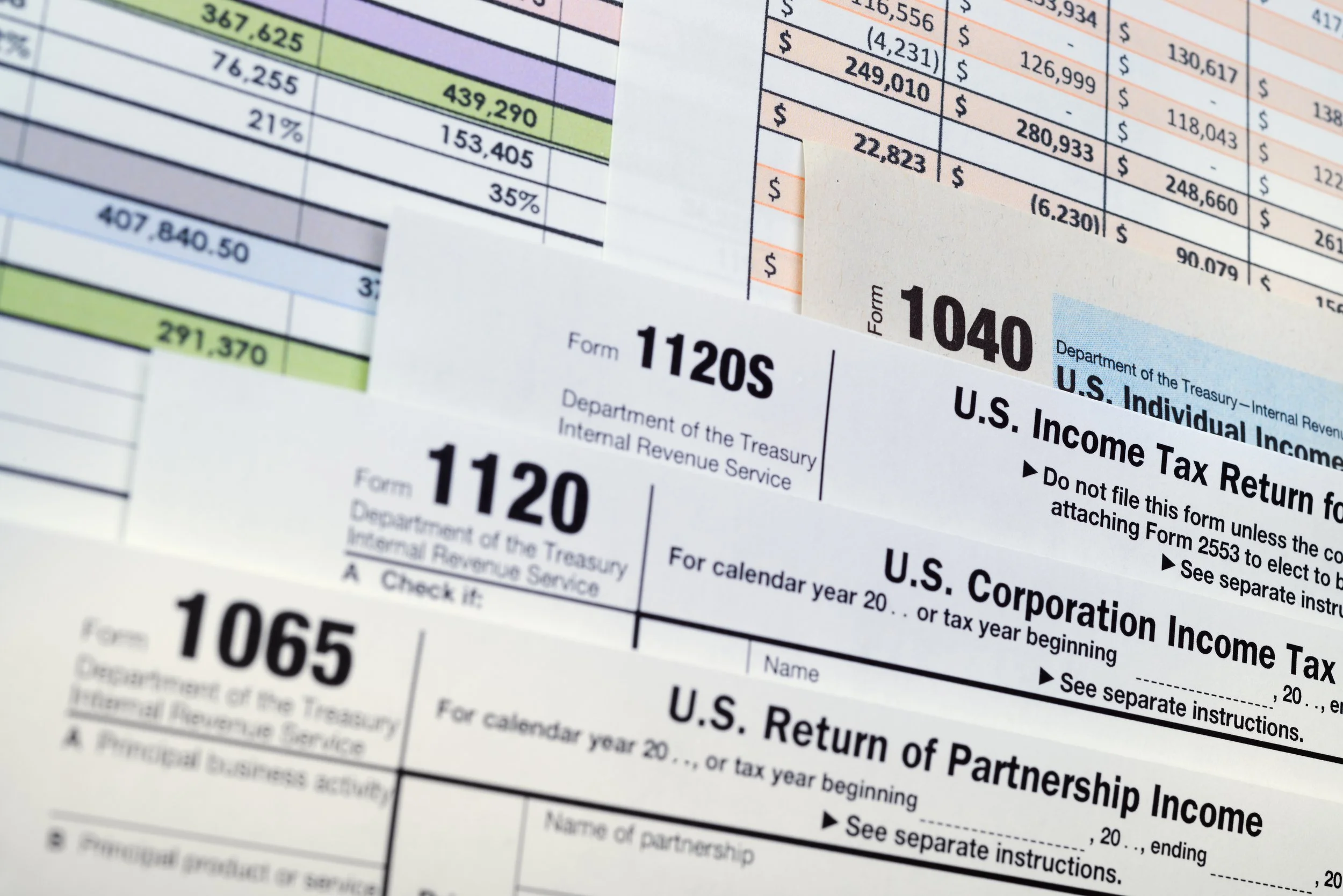Tax considerations play a significant role in equipment financing decisions for businesses. Understanding the tax implications associated with equipment financing can help borrowers make informed decisions and maximize their financial benefits. Here's everything you need to know about tax considerations as they relate to equipment financing:
Depreciation:
a. Accelerated Depreciation: Equipment financing can offer tax benefits through accelerated depreciation. The Modified Accelerated Cost Recovery System (MACRS) allows businesses to depreciate the equipment over shorter recovery periods, resulting in more significant tax deductions in the early years of equipment use.
b. Section 179 Deduction: Under Section 179 of the Internal Revenue Code, businesses may expense the total purchase price of qualifying equipment up to a specified limit rather than depreciating it over time. This deduction can provide immediate tax savings for businesses acquiring equipment.
Interest Expense Deductions:
a. Interest Deductibility: The interest expense incurred on equipment financing, such as loans or leases, is generally deductible as a business expense. This deduction reduces taxable income and can lower the overall tax liability.
b. Limitations on Deductibility: It's important to note that there may be limitations on interest deductibility based on certain factors, such as the type of financing, debt-to-equity ratios, and the business's overall financial situation. Consultation with a tax professional is recommended to understand specific deductibility rules.
Tax Credits:
a. Investment Tax Credits (ITC): Some jurisdictions offer investment tax credits for certain types of equipment, encouraging businesses to invest in qualifying equipment. These credits directly reduce tax liability based on a percentage of the equipment's cost.
b. Energy-Efficiency Credits: Businesses investing in energy-efficient equipment may be eligible for energy-related tax credits, such as the Energy Investment Tax Credit (ITC) or the Energy-Efficient Commercial Buildings Deduction (Section 179D). These credits promote sustainable practices while providing tax advantages.
Lease Payments and Deductibility:
a. Operating Lease Deductibility: Lease payments for operating leases are typically fully deductible as a business expense, providing immediate tax benefits. The lease payments are treated as operating expenses rather than debt payments.
b. Capital Lease Deductibility: In the case of a capital lease, the lessee may be able to deduct both the interest portion of the lease payments and depreciation expenses related to the leased equipment. However, consult a tax advisor to understand the tax treatment based on the lease structure and applicable tax laws.
State and Local Taxes: Consider state and local tax laws and regulations related to equipment financing. Tax incentives, deductions, or exemptions may vary by jurisdiction, impacting the overall tax considerations and benefits of equipment financing.
Tax Planning and Expert Advice: Given the complexity of tax laws and regulations, engaging a tax advisor or accountant with expertise in equipment financing is crucial to navigating tax considerations effectively. They can provide the following:
Guidance on optimizing tax benefits.
Interpreting applicable tax rules.
Ensuring compliance with tax obligations
It's important to note that tax laws are subject to change and can vary across jurisdictions. Consultation with a tax professional is essential to understand the specific tax considerations and benefits associated with equipment financing based on your business's unique circumstances and applicable tax regulations.
Commercial Financing Now ® is a Money Service Business (MSB) operating as a Non-Bank Financial Institution (NBFI) that abides by Anti-Money Laundering (AML) Regulations. These policies and procedures are internally published and meet reporting requirements while considering sanctions screening and transactional monitoring.
Commercial Finance Now does not provide tax, legal or accounting advice. This post has been drafted for informational purposes only and is not intended to provide, and should not be relied on for, tax, legal or accounting advice. You should consult your tax, legal and accounting advisors before considering any tax treatments.
